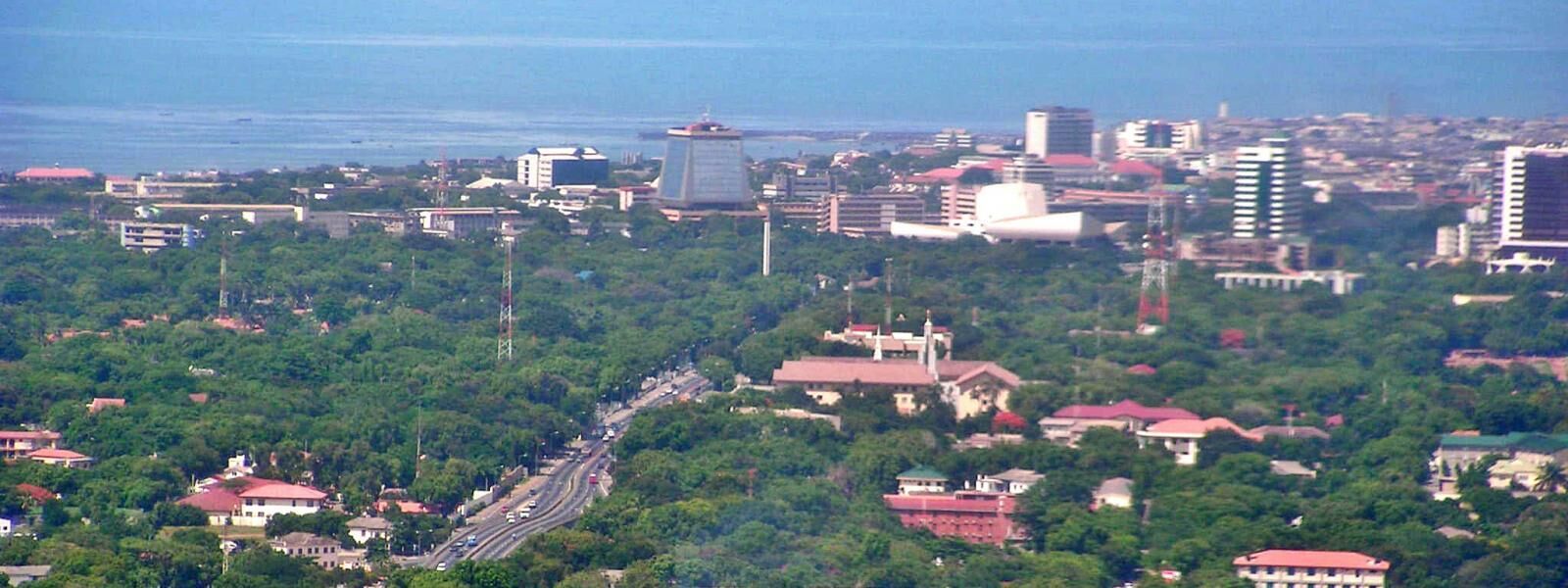

A poldermodel for Ghana
The cooperation between GEA and DECP has already some history. It started from the outset, i.e. the creation of DECP in 2006 and has been lasting since. Its major focus was on capacity building for the development of membership and representativeness, on the interventions of the GEA to create a better business environment, and on the development of durable members services.
Although the relations between employers and trade unions in Ghana are not tense at all, and on the contrary fair and stable, social dialogue has never been a topic for focused interventions. Partially because social dialogue has been concentrating mainly on disputes resolution at company level, which ran smoothly.
This focus on social dialogue now may be added to the programme, because the Ghanaian government, with the obvious support of the social partners, has created an additional body for tripartite social dialogue. This new social dialogue body has a broader field of competency than the existing bodies for national social dialogue, since it encompasses, beyond social affairs, also area’s such as economic and fiscal policy. It gives hence to the social partners opportunities for broader policy influence, and partially mirrors the Dutch system of social dialogue, as existing in the SER.
DECP hence considers this obviously as an interesting evolution and is more than willing to support its counterpart in this new role.
Also FNV is strongly committed to the development of a broad social dialogue and is hence a perfect ally to organize the same support on the trade union side.
As requested by our Ghanaian partners, DECP and Mondiaal FNV are hence ready to support technically and financially the social partners via capacity building, training and exchange of experiences.
The Dutch experiences can be an important input. But obviously, the polder remains a Dutch concept. Ghana will develop its own model adapted to its context and to its issues. But giving the representatives of labour and capital a place at the decision making table will for sure help to create a wider base for effective and balanced social and economic progress.